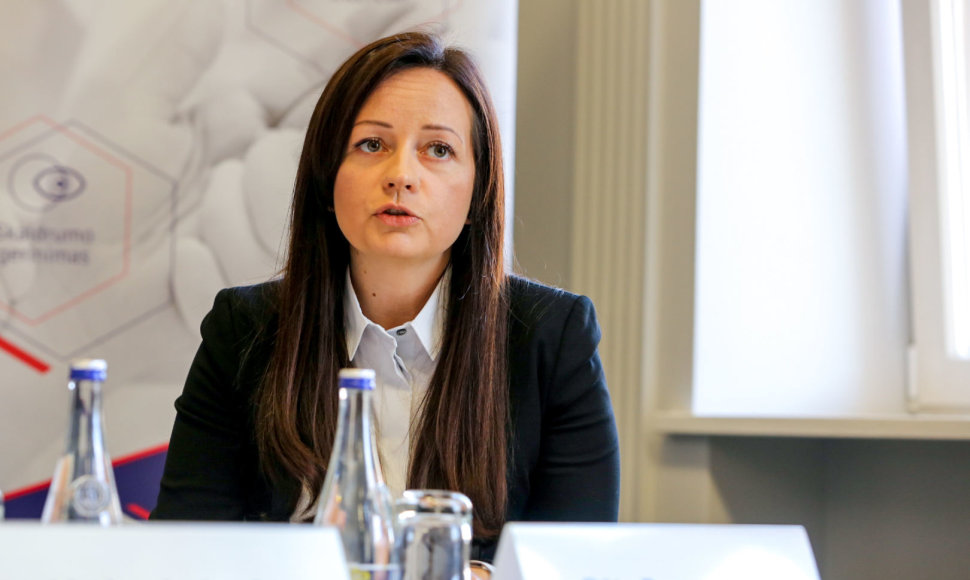The Lithuanian Ministry of Health deserves compliments for getting involved in the dialogue itself, as well as involving all the stakeholders. They have also taken into account the comments of doctors, patients, and industry's representatives. Finally, they have eliminated a much-debated 30 thousand euro medicine's value benchmark from the draft law.
With the new criteria come positive changes. Firstly, it will hopefully help diminish discrimination towards oncological medicines. Secondly, a step towards a flexible financial benchmark to reimburse medicines has been taken. Nevertheless, there is still plenty of room to improve – especially in terms of including innovative oncological medicines into the reimbursable medicines lists.
Challenges for innovative oncological medicines remain.
Unfortunately, o the requirements for innovative oncological medicines remain overly strict and critical, which does not reflect good clinical practice.
For example, when deciding on oncological medicines' reimbursement, the main criteria is the so-called "survival rate." As the innovative oncological medicines are getting more and more effective, this seems to be outdated. The most important criteria nowadays should be the elimination of cancerous cells and stopping disease's progress, as well as the improvement of quality of life.
Moreover, although the medicines show effectiveness in a dozen months already, sometimes it takes up to 10 years to evaluate the aforementioned "survival rate" criteria. Only after proving the "survival rate" criteria the medicine can be included in the reimbursed medicines list. Patients suffer because of this prolonged period of reimbursement procedure the most.
The right direction but a lack of flexibility
In general, the direction in which Lithuanian decision-makers are going is correct, especially in terms of facilitating the dialogue and listening to the arguments of all involved stakeholders.
All stakeholders – the evaluators of medicines reimbursement, industry representatives, as well as doctors are interested in helping patients get well as soon as possible. This cannot be achieved without a fast-reacting, non-bureaucratic medicines' reimbursement system, which focuses on facts and promotes innovation. Lithuania could, for example, follow the good practice of some European countries who are splitting the reimbursement procedure's costs with the industry if they see that the new medicines' results are worth it.
The world, science, and innovations are quickly moving forward, and decision-makers have to move forward with them. Only this way Lithuanian patients will be provided with an opportunity to get access to the newest, most effective medicines, and it will be a few, rather than ten years until these medicines reach Lithuanian patients. Transparent, clear, and flexible reimbursement solutions would be beneficial to the state on a few very different levels since the costs allocated to health are investments rather than costs because healthy people are the basis for a prosperous country.












